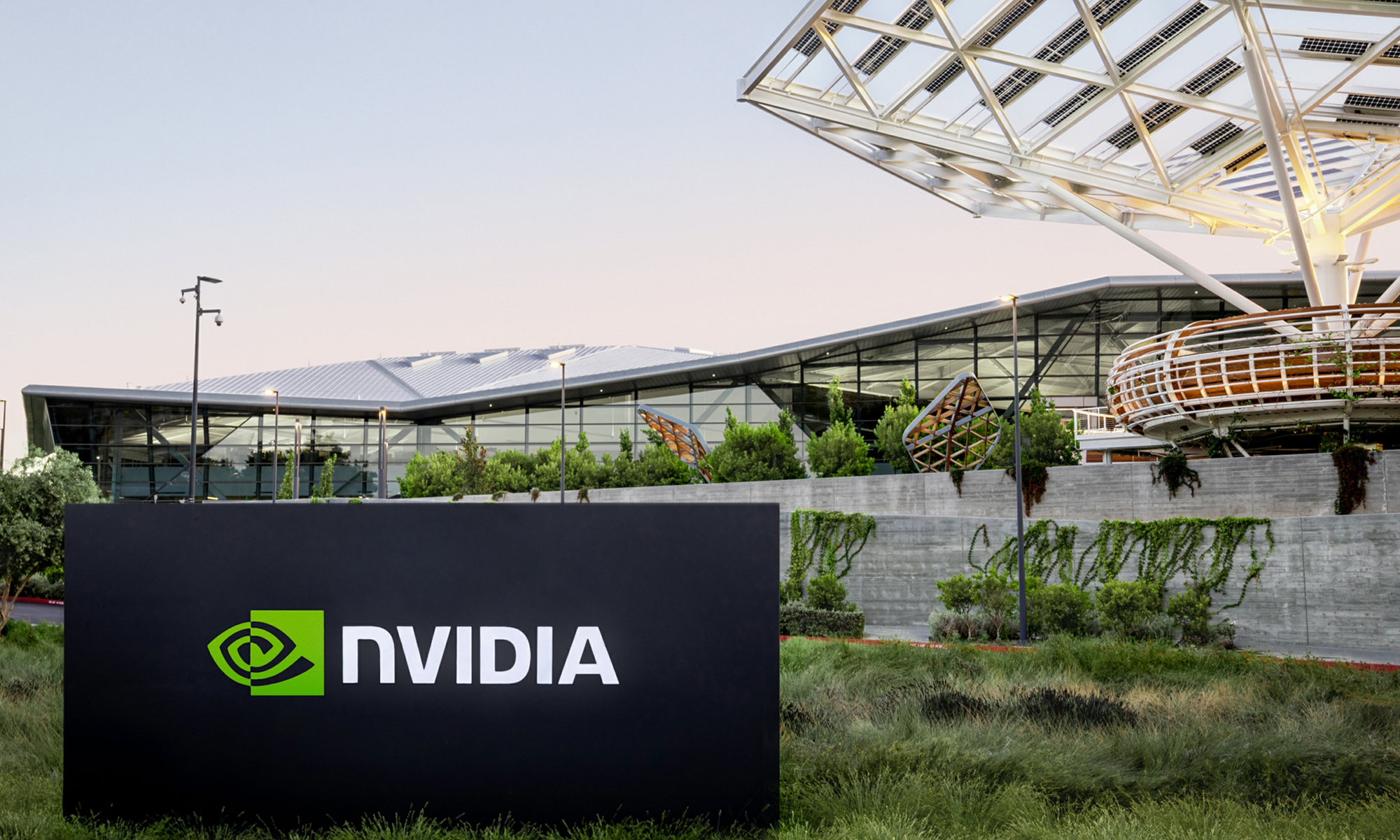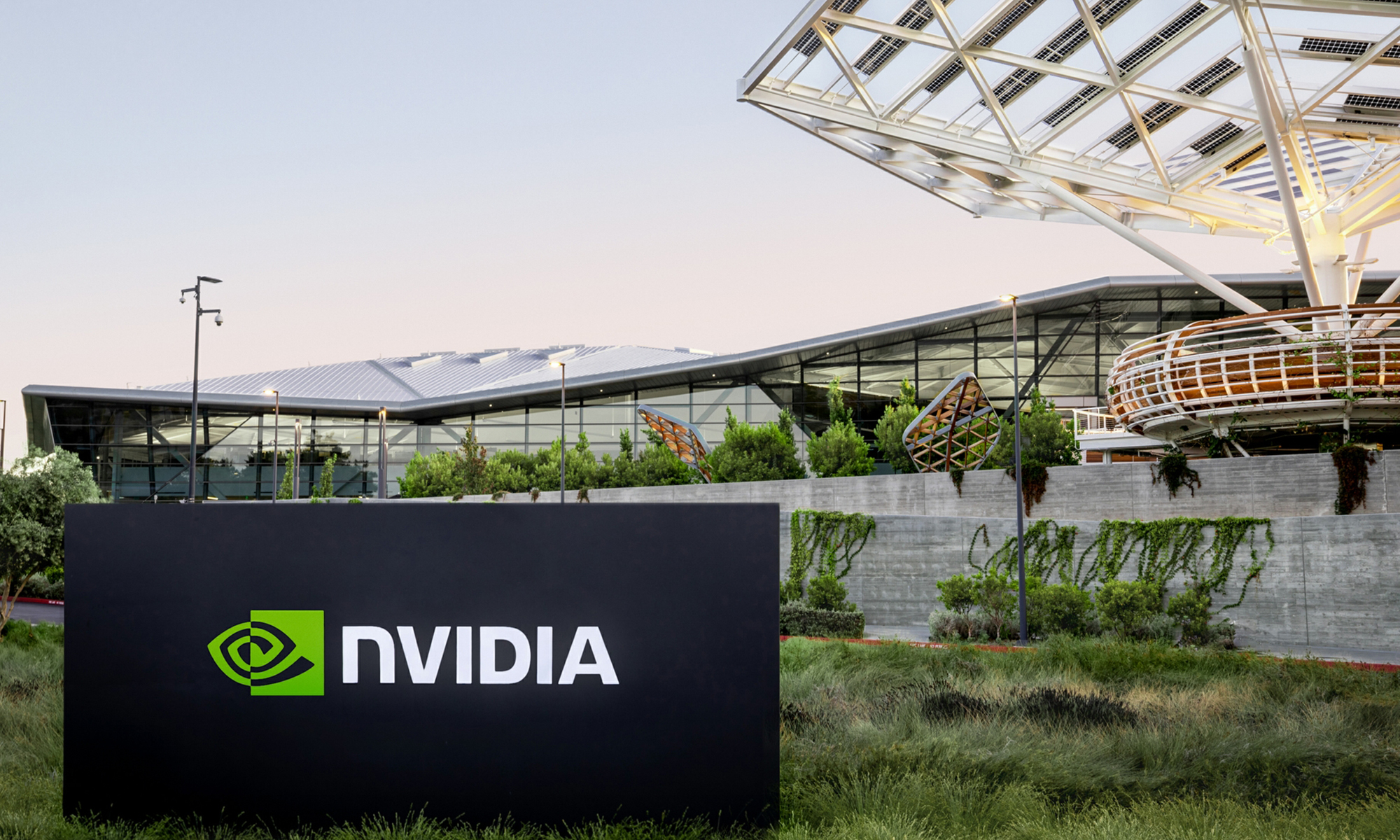President Donald Trump signed the One Big Beautiful Bill Act into law on July 4. The legislation is nearly 900 pages and includes a litany of provisions, but two in particular should benefit Nvidia (NVDA 0.72%) and Meta Platforms (META 2.95%).
- The bill made permanent the corporate income tax rate of 21% that had previously been a temporary level set as part of the 2017 Tax Cuts and Jobs Act (TCJA). Because the corporate tax rate will not return to its pre-TCJA level of 35%, companies won't face downward pressure on their profit margins from higher taxes, so Nvidia and Meta should be able to keep heavily repurchasing their shares. Only two companies in the S&P 500 spent more on buybacks in the last 12 months.
- The bill repealed the rule requiring mandatory amortization of domestic research and development (R&D) spending, which means companies can immediately deduct those costs from their taxable income rather than gradually writing them off. So the tech giants' aggressive investments in artificial intelligence (AI) product development will result in faster tax savings.
My reasoning as to why Nvidia and Meta Platforms will benefit from Trump's megabill could be applied to several other companies as well. For instance, Apple and Alphabet spent more than those two on stock buybacks in the last 12 months. Nevertheless, I think Nvidia and Meta look like particularly compelling long-term investment ideas now.

Image source: Getty Images.
1. Nvidia
Nvidia reported solid results for its fiscal 2026 second quarter, beating estimates on the top and bottom lines. Sales rose 56% to $46.7 billion in the period, which ended July 27, due to particularly strong growth in its data center and automotive segments, and non-GAAP earnings increased 54% to $1.05 per diluted share. CEO Jensen Huang noted extraordinary demand for the new Blackwell GPU, which he described as the platform at the center of the artificial intelligence (AI) race.
Nvidia's hardware is likely to maintain its status as the gold standard in AI infrastructure as physical AI technologies like autonomous robots and self-driving vehicles become more common. The company not only designs data center GPUs and on-device processors to run AI workloads, but also provides pretrained models and software tools to streamline the AI development process.
"We build technology that almost every self-driving car company uses," Huang told attendees at the company's GTC conference earlier this year. For instance, Tesla uses Nvidia GPUs to train AI models for its full self-driving software. Alphabet's Waymo and Amazon's Zoox use Nvidia hardware and software to train models in data centers, and also to power decision-making in robotaxis.
Another reason Nvidia stock could soar under Trump is his recent decision to reverse the export restrictions that prevented the company from selling its H20 GPU to buyers in China. The H20, built on the company's last-generation Hopper architecture, is a less powerful variant of its popular H100. Trump has also said he may allow Nvidia to sell a scaled-back version of its newer Blackwell GPUs in China. The company has already designed a chip (the B30A) that may fit the bill, according to Reuters. But Huang says getting approval from Trump will take time.
The consensus outlook among Wall Street analysts is that Nvidia's earnings will increase by 34% annually over the next three years. That makes its current valuation of 58 times earnings look fair. Having said that, the semiconductor industry is notoriously cyclical, so investors who buy Nvidia stock today should be prepared to hold on through some volatility.

NASDAQ: META
Key Data Points
2. Meta Platforms
Meta Platforms reported impressive second-quarter financial results that exceeded estimates on the top and bottom lines. Revenue increased 22% to $47.5 billion, operating margin expanded by 5 percentage points, and GAAP earnings jumped by 38% to $7.14 per diluted share.
Investors have good reason to expect that momentum will continue. Meta Platforms is the second-largest ad tech company in the world as measured by revenue. Ad tech spending is projected to increase at 14% annually through 2030, and Malik Ahmed Khan at Morningstar earlier this year wrote, "Meta is a digital advertising juggernaut poised to increase its market share."
Why? Its ecosystem includes Facebook, Instagram, and WhatsApp, three of the four most popular social media networks in terms of monthly active users. In total, Meta's platforms draw more than 3 billion people daily, which affords the company a deep understanding of consumer tastes. That alone makes it a compelling advertising partner.
However, Meta is using artificial intelligence to improve the user experience and boost engagement across its social media platforms. CEO Mark Zuckerberg told analysts on the second-quarter earnings call that time spent on Facebook increased 5% and time spent on Instagram increased 6% due to the advancements the company had made in its underlying recommendation systems.
Additionally, Meta has hitherto untapped monetization opportunities. It recently introduced advertising on Threads (a social media platform similar to X) and WhatsApp. The company has yet to articulate a monetization strategy for Meta AI, but the generative AI application has more than 1 billion monthly active users and could be a meaningful source of revenue in the future.
Wall Street analysts expect Meta Platform's earnings to increase at a 17% annualized rate over the next three years. That makes its current valuation of 27 times earnings look quite reasonable. Investors with a three- to five-year time horizon should feel comfortable opening a small position in this stock today.






